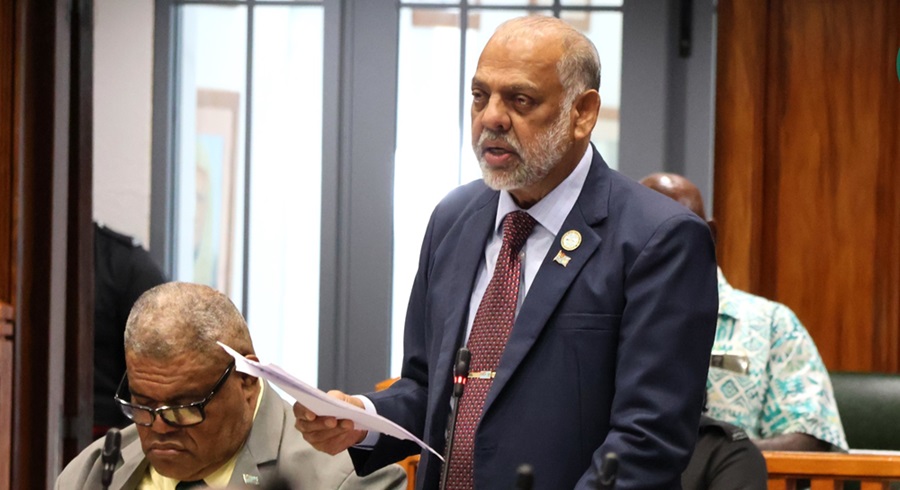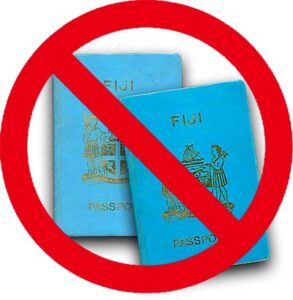The Fijian government has recovered over $54,000 in unpaid wages for migrant workers, Fiji’s Minister for Employment Agni Deo Singh told Parliament today.
Speaking in response to a parliamentary question Singh outlined that since 2021, a total of 165 labour complaints had been lodged by migrant workers. Of these, 159 cases have been resolved, four are pending before the Employment Relations Tribunal, and two are under investigation.
These workers are employed across various sectors, with 46 in wholesale and retail, 121 in construction, nine in the informal sector, seven in manufacturing, and two in the hotel and catering industry.
He reiterated that the government is committed to ensuring fair treatment for all workers in Fiji, including foreign labourers, through rigorous enforcement of minimum standards. Awareness sessions and workplace inspections have been conducted nationwide to address labour concerns.
Singh also outlined plans to further safeguard migrant workers by revising key legislation.
“The coalition government is currently undertaking a review of legislation. This review includes the extension of coverage of foreign or migrant workers, particularly seafarers, who are not covered under the current legislation. The government is also reviewing the Immigration Act to strengthen the work permit process and the development of the Fiji national labour mobility policy framework and strategy in collaboration with the International Organization for Migration, or IOM.”
Concerns were also raised in Parliament regarding the skill levels of some foreign workers entering the country. The Minister acknowledged that there had been instances where employers were dissatisfied with the skills of workers provided by agents, despite certificates indicating otherwise.
Addressing concerns raised by employers about mismatched skills among some foreign workers, Singh acknowledged that there had been complaints about workers whose qualifications did not meet expectations. Employers were dissatisfied with the skills of workers provided by agents, despite certificates indicating otherwise.
“First of all, the employers are very unhappy because the skills that they were expecting are not there, not possessed by the worker. And then they redeploy them, and when they redeploy, the workers complain about the reduced wages that they are paid. Some have ended up with the Human Rights Commission that have been referred to us, and we are now dealing with the agents to ensure that the certificates that they come with are genuine. So we are working with some of these countries. The Labor sending countries have government agencies that deal with labour mobility from their country, and we are encouraging employers to deal directly with those agencies.”
Singh also reaffirmed the government’s commitment to decent, sustainable labour practices, highlighting ongoing efforts to create a safe and supportive work environment for all in line with Fiji’s productivity goals.









